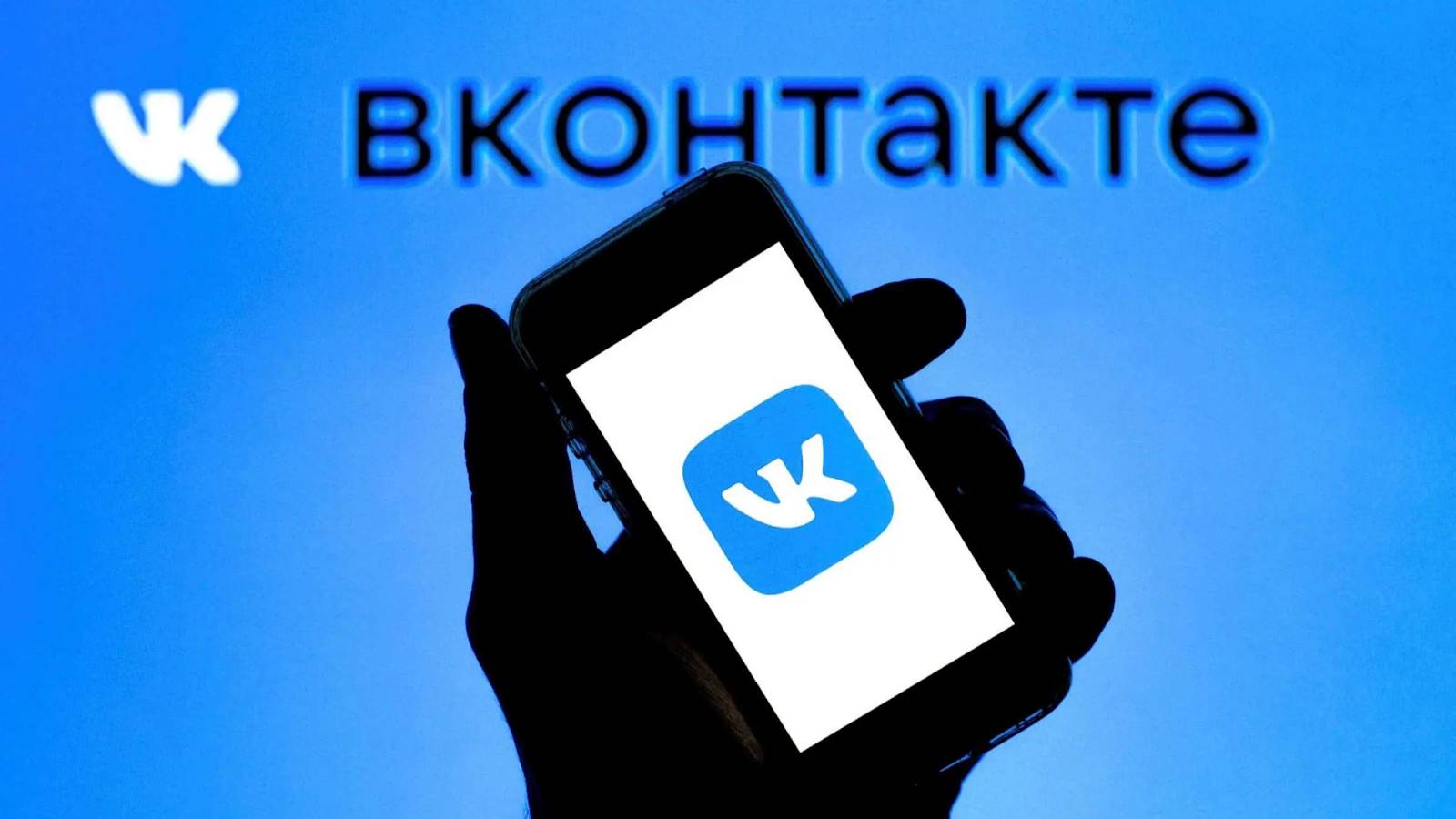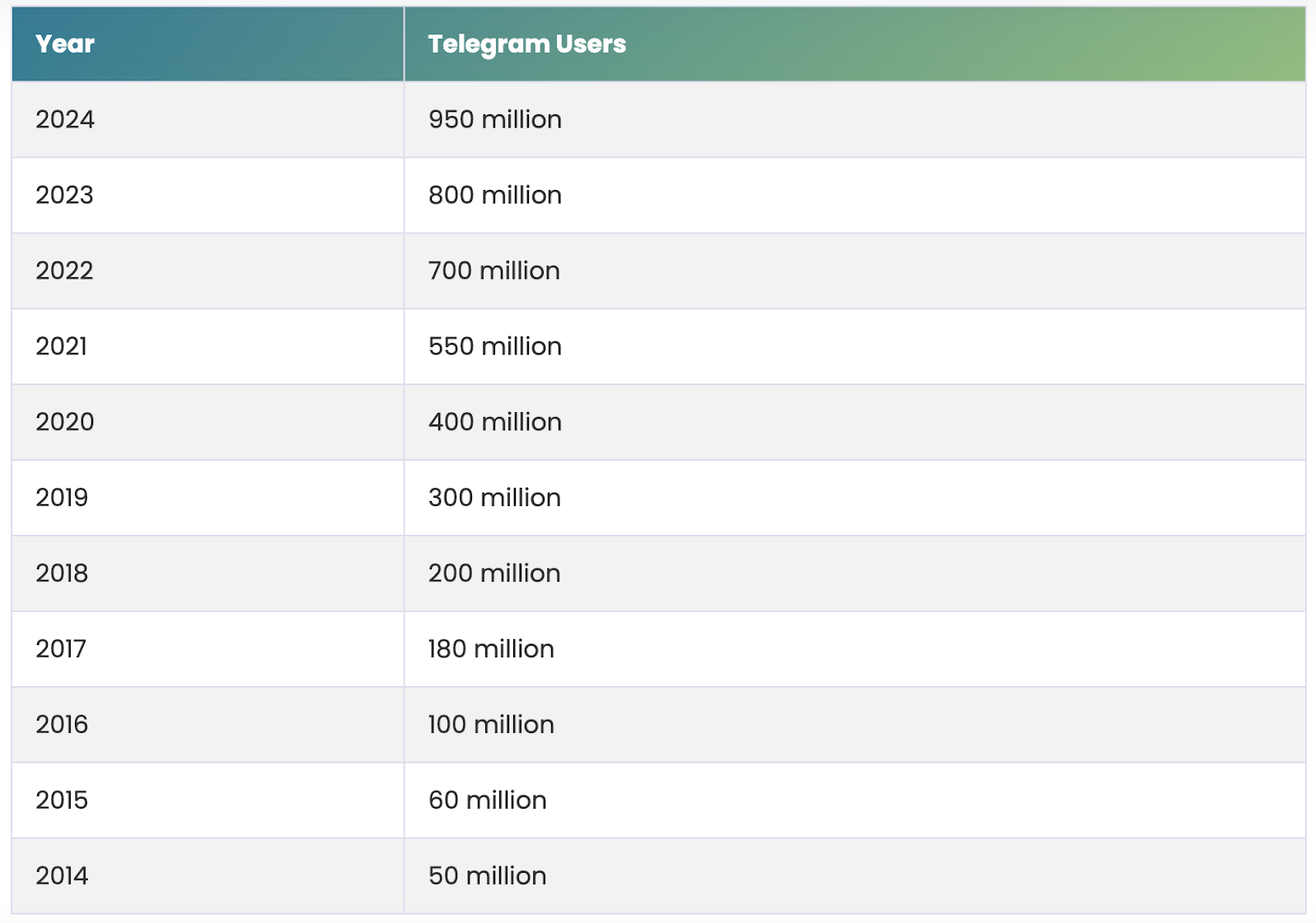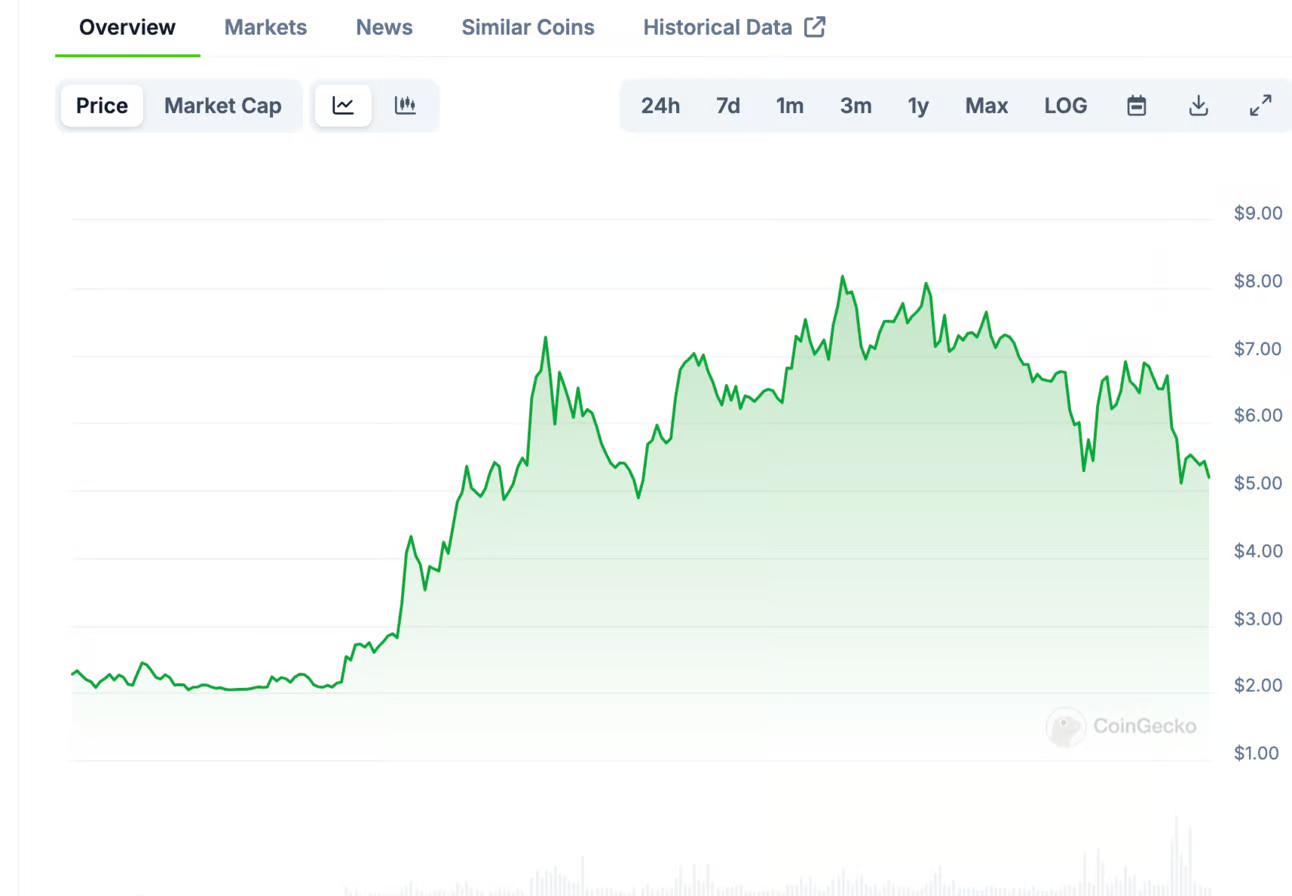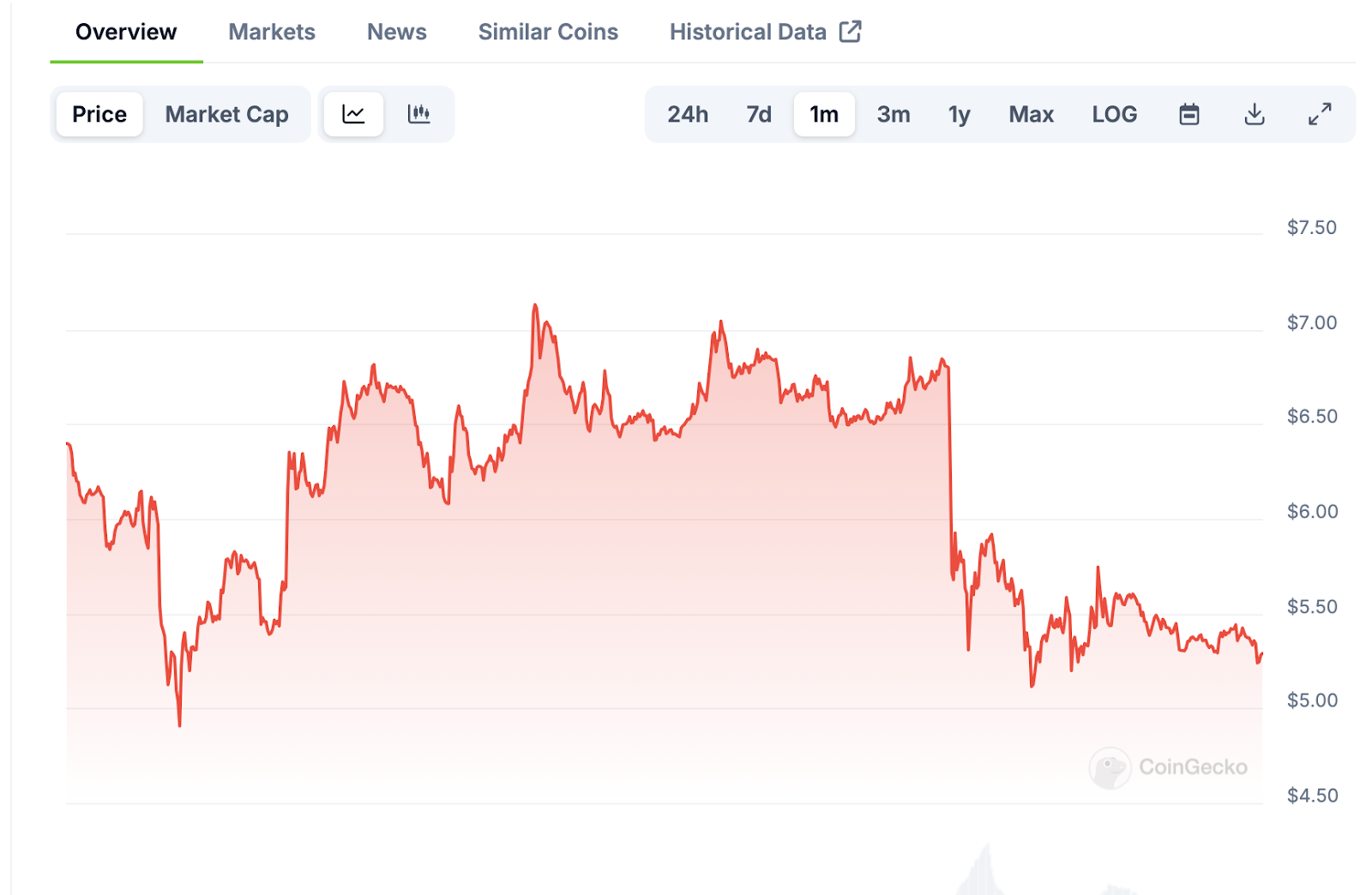Telegram's vast user base, combined with the high scalability and low transaction costs of the TON blockchain, has quickly been embraced by users.
Author: M6 Labs
Translator: DeepTechFlow
The story of Telegram is a modern legend, telling of resistance, innovation, and ultimately a touch of arrogance. Founded by Pavel Durov's foresight, Telegram has become a fortress for free expression and privacy protection. In an era of increasingly tight government surveillance, the Durov brothers created an encrypted communication platform that stands against censorship, serving millions of users worldwide.
Telegram's steadfast commitment to privacy quickly attracted those disappointed with mainstream platforms and skeptical of government intervention.
However, almost like a Shakespearean tragedy, Telegram's unwavering stance on privacy ultimately led to its predicament. The platform's refusal to comply with data requests and its association with controversial activities made it a global focal point for debates on freedom, security, and digital privacy boundaries.
Pavel Durov's arrest in 2024 drew significant attention to Telegram's activities. While Durov is no longer in prison, the events surrounding his arrest have plunged the platform into legal and ethical controversies, challenging its fundamental principles and future development.
Early History of VKontakte

Pavel Durov and his brother Nikolai Durov founded VKontakte (VK) in 2006, which quickly became Russia's most popular social networking platform, akin to Facebook in the West, providing social interaction, content sharing, and community building features.
During his tenure at VK, Durov was known for his commitment to free speech and resistance to government intervention. This ideology often led to conflicts with Russian authorities, especially during politically sensitive periods such as the 2013-2014 Maidan Revolution in Ukraine. Durov refused to hand over user data related to Ukrainian activists, leading to increasing pressure from the Kremlin, ultimately forcing him to leave VK in 2014 and go into exile abroad.
These experiences paved the way for the creation of Telegram. Unlike VK, Telegram was designed as a privacy-focused encrypted messaging platform, allowing users to communicate without fear of surveillance. It employed robust encryption technology and pledged not to be subject to any government, making it particularly attractive to users who value security and free speech.
Global Expansion of Telegram
Telegram steadily grew in its early days, gradually becoming an alternative to mainstream applications like WhatsApp and Facebook Messenger. It stood out by offering unique features such as large group chats, broadcast channels, and the ability to send large files. Telegram's open-source nature also allowed developers to create bots and games on the platform, further enhancing its appeal.
By the mid-2010s, Telegram's growth accelerated significantly. With increasing global concerns about online privacy and Edward Snowden's revelations about government surveillance programs, the demand for privacy surged worldwide.
Due to its commitment to privacy and user-friendly interface, Telegram attracted millions of users worldwide.

Currently, Telegram's monthly active user count is close to one billion.
Embracing the Cryptocurrency Community
As cryptocurrency gained popularity, Telegram became one of the core platforms for this trend. It became an important platform for the cryptocurrency community, especially in initial coin offerings (ICOs), token trading, and project discussion forums. Due to its simple operation and privacy features, Telegram became popular among cryptocurrency enthusiasts and traders.
Recognizing the rapid growth of its user base, Telegram ventured into blockchain technology, developing the Telegram Open Network (TON). In 2018, Telegram raised up to $1.7 billion through an ICO to develop the TON blockchain and its associated cryptocurrency, Gram. Its goal was to create a decentralized platform supporting secure, fast transactions and allowing the development of decentralized applications (dApps) and services on its network.
Despite the enormous potential of the TON blockchain, Telegram's bold foray into the cryptocurrency field faced regulatory challenges.
In 2019, the U.S. Securities and Exchange Commission (SEC) filed a lawsuit against Telegram, alleging that the sale of Gram tokens constituted an unregistered securities offering. In 2020, Telegram agreed to refund $1.2 billion to investors and abandoned the TON project, scaling back its plans in the cryptocurrency field.
Although Telegram ceased direct involvement in the TON blockchain project, it remains a primary communication platform for the cryptocurrency community. Projects and developers continue to use the platform for communication, discussing new tokens, and organizing activities.
Telegram's 2023 financial report shows that despite an operating loss of $108 million, over 40% of its $3.425 billion revenue came from cryptocurrency-related activities.
Telegram in 2024
Before Durov's arrest, Telegram performed remarkably well in 2024. Firstly, TON was one of the best-performing cryptocurrencies of the year.

From January 1, 2024, to June 15, 2024, TON's price surged from $2.27 to $8.17, nearly quadrupling its market value.
Since its launch in 2023, Telegram Mini Apps have rapidly gained popularity due to their integration with the TON blockchain. These web apps run directly within the Telegram application, allowing developers to create complex decentralized applications using familiar web programming languages.
Telegram's vast user base, combined with the high scalability and low transaction costs of the TON blockchain, has quickly been embraced by users, attracting millions of users.
Beginning of the End: Government Requests for User Data
As Telegram gained popularity, its negative reputation also grew. Governments in multiple countries worldwide began to view Telegram as a potential threat because of its refusal to provide user data. Several countries, including Russia, Iran, and China, attempted to block or censor Telegram, citing its use by political dissidents.
The government believes that gaining access to encrypted communication is crucial for combating terrorism, money laundering, and criminal activities, while privacy advocates argue that government backdoors would infringe on civil liberties and potentially empower authoritarian regimes.
The most intense confrontation occurred in Russia, where authorities demanded access to encrypted user data to monitor illegal activities and potential terrorism. Durov refused to cooperate, leading to Telegram being banned in Russia in 2018.
Government pressure is not limited to Russia:
In 2022, the German government fined Telegram 5 million euros for failing to comply with laws regarding illegal content.
In France, the company faced legal challenges related to extremist activities and the spread of illegal content.
Of course, where there's smoke, there's fire.
Due to the platform's limited moderation policies, extremist groups and illegal activities have been able to thrive. Telegram has been used to coordinate terrorist attacks, drug trafficking, and the spread of child exploitation content, drawing the attention of law enforcement agencies worldwide.

(Source: Reference)
Arrest of Pavel Durov
Telegram's regulatory and legal issues reached a climax in August 2024 when Pavel Durov was arrested upon arriving in Paris from Azerbaijan. French authorities detained Durov, accusing him of refusing to provide data related to financial crimes, drug trafficking, and the dissemination of child exploitation material on Telegram.
Durov's arrest sparked a diplomatic dispute between France, the United Arab Emirates, and Russia. After four days of questioning, he was released on a 5 million euro bail but was prohibited from leaving France and required to report to the police regularly.
This event sparked intense discussions about freedom of speech, privacy, and state surveillance, with criticism from figures like Elon Musk and Edward Snowden, who condemned the arrest as an attack on free expression.
Regardless, Durov's arrest directly led to a significant drop in the price of TON.

Within just three days, TON dropped from $6.75 to $5.11.
Legacy of Telegram
Telegram's legacy lies in its dual role as a champion of privacy and a focal point of controversy. It provided a secure platform for users seeking to evade censorship but also faced legal and ethical challenges threatening its existence and reputation.
Interestingly, Durov's case sets a potentially far-reaching precedent for other tech companies and social media platforms. This may prompt a reexamination of platform moderation policies, data sharing practices, and compliance with international laws.
免责声明:本文章仅代表作者个人观点,不代表本平台的立场和观点。本文章仅供信息分享,不构成对任何人的任何投资建议。用户与作者之间的任何争议,与本平台无关。如网页中刊载的文章或图片涉及侵权,请提供相关的权利证明和身份证明发送邮件到support@aicoin.com,本平台相关工作人员将会进行核查。




